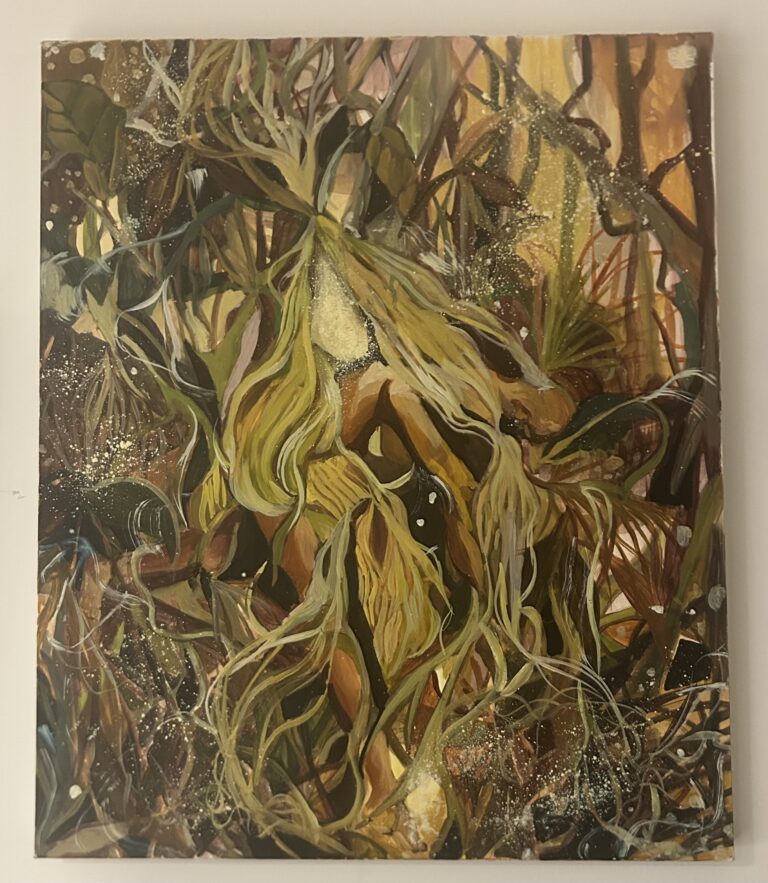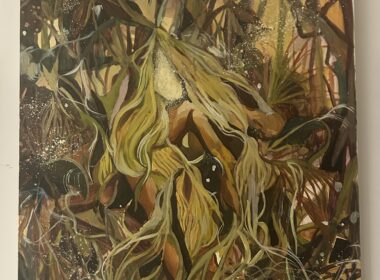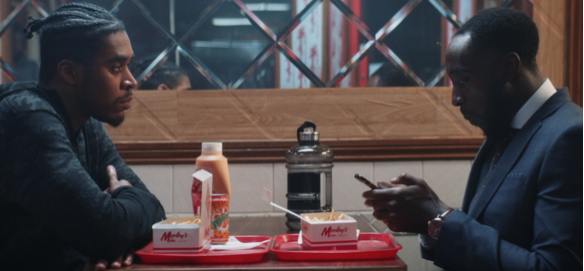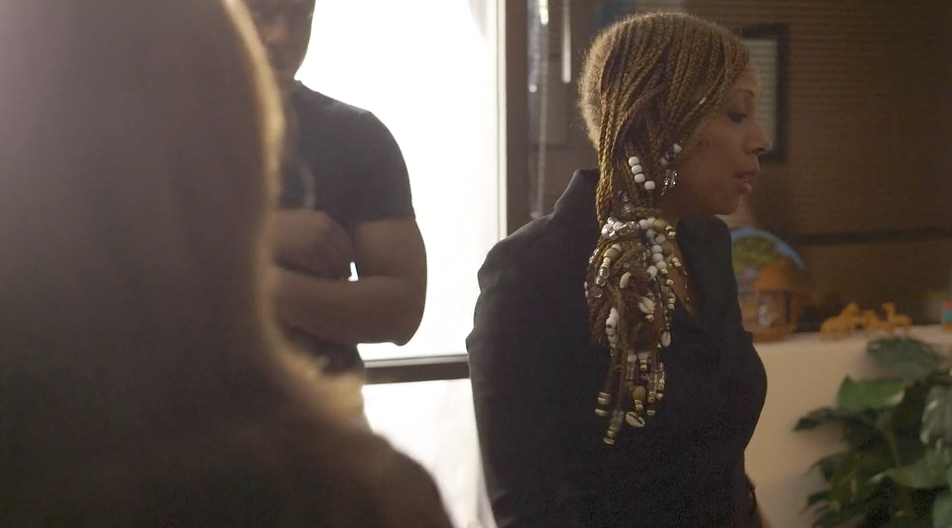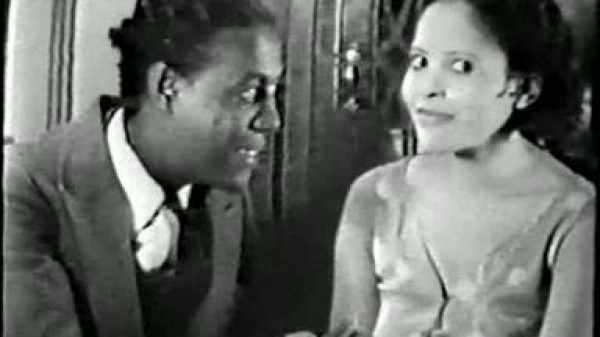Above: Still from No More Wings by Abraham Adeyemi
British filmmaker Abraham Adeyemi has fond memories of his childhood in South London. He and his friends spent countless days playing outside. Few people had cell phones, so children were happily disconnected while out having adventures. The neighborhood consisted of a diverse mix of people, and small mom-and-pop shops flourished. Today, much has changed. High-rise apartment buildings dot the cityscape, and upscale stores and boutiques edge out local businesses. Lured by cheaper rents, new transplants flock to South London from the city’s pricier sections.
With this gentrification as a backdrop, Adeyemi’s debut short film, No More Wings explores the complex relationship between two lifelong friends who now are living very different lives. The men meet at their local wing shop—a dive they frequented as boys—and attempt to bridge the widening gulf between them. The film is a quiet exploration of time and change. No More Wings was named Best Narrative Short at the 2020 Tribeca Film Festival, which made it an Oscar-qualifying film. The movie’s deliberate pacing fosters nostalgia while underscoring awkward moments of disconnection.
For Adeyemi, the immediate success of No More Wings comes as a pleasant surprise. A writer first and foremost, Adeyemi studied creative writing at Birkbeck, University of London. After graduating, he accepted a place in the Royal Court Theatre’s writing group, which jumpstarted his career as a playwright. Adeyemi had great success with his 2019 semi-autobiographical play, All the Sh*t I Can’t Say to My Dad, which had a sold-out run at the Bunker Theatre in London. The play focuses on a musician who uses his fractured relationship with his father as the inspiration for his new album.
While Adeyemi appreciates all he learned from playwriting, filmmaking was always his dream.
“I didn’t even want to write theater,” Adeyemi says. “My observations were that in the U.K., the majority of emerging screenwriters that I could see who were securing deals and getting work made had all come from a theater background, so that’s what I did.”
Adeyemi grew up in a single-parent household, and he credits his mother for her support and hard work. While his father was not in his life when he was younger, Adeyemi has since reestablished a connection. Both of his parents are Nigerian. For some time, Adeyemi wanted to be a lawyer, but eventually, he chose a creative career. He carried some guilt for moving away from a more lucrative profession because he wanted to contribute to the household. As the oldest child, Adeyemi felt obligated to ease his mother’s burden. Unlike some Black parents who pressure their children to be lawyers, doctors or engineers, Adeyemi’s mother supported his creative dreams.
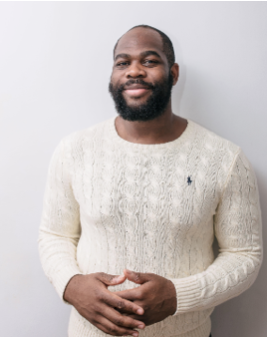
Abraham Adeyemi, photo courtesy of the artist.
Adeyemi’s big break came in 2019, when he won the Script House film competition. He received $25,000 to produce No More Wings. Even though he had no experience, he directed the film to ensure his vision translated to screen.
“I initially wanted to shoot the film as one continuous take,” Adeyemi says. “I was really committed to that, but my team talked me out if it. I’m glad I listened, because I would have run the risk of the audience obsessing over the one continuous take, instead of just appreciating the dialogue, silences, serenity, and feelings of the story.”
Great dialogue is central to Adeyemi’s favorite films, all of which happen to be distinctly American—The Best Man, Home Alone, Fruitvale Station, Boyz n the Hood and The Breakfast Club.
“You can see The Breakfast Club’s influence in No More Wings,” Adeyemi says. “Both are set in one location, and they are both about the power of character, human understanding and reflection.”
Up next for Adeyemi is more writing. He is currently working in the writers’ room for a television drama, and he has two of his own TV series in development. Fortunately for Adeyemi, he has never felt alienated in the writers’ room.
“I’ve not had to deal with a situation where I’m the only Black person in the writers’ room,” he says. “There are writers as little as five years ahead of me who have never experienced a room where they’re not the only Black writer. A lot has changed because of those who came before me, and the privilege of my experience is not lost on me.”
Now that directing is part of his repertoire, Adeyemi has every intention of moving forward in the industry. “Of course, I have dreams of making movies in Hollywood, it’s the mecca of film,” he says. “I grew up absorbing American culture, but I also want to tell stories about my home and many other places as well.”
April Dobbins is a writer and filmmaker based in Miami. Her work has appeared in a number of publications, including the Miami New Times, Philadelphia City Paper, and Harvard University’s Transition magazine. Her films have been supported by the Sundance Institute, International Documentary Association, Firelight Media, ITVS, Fork Films, Oolite Arts, and the Southern Documentary Fund. She is a graduate student at Harvard University.
